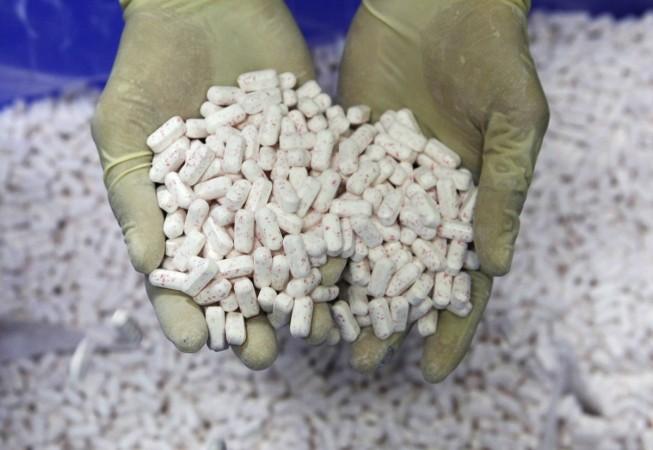
Concerned over the increased warnings issued by the United States Food and Drug Administration (USFDA) to the Indian pharmaceutical companies, the country's drug regulator has started a process aimed at implementing good manufacturing practices in the firms.
There are currently no common regulations in place in India for the pharma manufacturing practices as a result of which the U.S drug regulator has constantly accused Indian companies of violations of good manufacturing practices.
However, over the course of the next few years, officials of the Central Drugs Standard Control Organization (CDSCO) will visit the major drug manufacturing units of the country and train employees to follow adequate procedures for producing quality medicines as well as data handling, Mint reported.
CDSCO has engaged 500 personnel for the training process. "It is high time that we put proper practices and regulation in place for the pharma industry. India has one of the biggest generic industries in the world, and we need to ensure quality of medicines produced here," GN Singh, the Drugs Controller General of India, who heads CDSCO, was quoted by Mint as saying.
The step comes after around 200 Indian officials from CDSCO were trained by the USFDA in Nov. 2015 on inspection techniques to establish good manufacturing practices at pharmaceutical facilities.
The DCGI said that the CDSCO officials would first visit Baddi (Himachal Pradesh) in the last week of May and train the officials of the five pharma manufacturing units there. He added that through this engagement, even the drug regulator officials will know the issues faced by the manufacturers.
Singh told Mint that currently a majority of the people engaged in the pharma manufacturing industry do not even know the national or international ethics of manufacturing. "They do not know how to produce quality medicines. That is one reason why sub-standard medicines get manufactured. Even the records are not maintained properly," the DCGI said.
India is the largest producer of generic medicines in the world, but the drug manufacturing practices in the country are regulated by state-level authorities, which according to Singh, has led to a non-adherence to good manufacturing practices. He also said that the Indian government is currently following the standards of Medicines and Healthcare Products Regulatory Agency (MHRA) of the government of the United Kingdom, which is less strict than the USFDA while dealing with the pharma companies.
The USFDA recently issued warning letters to leading Indian pharma firms such as Dr. Reddy's, Lupin and Sun Pharma for violations of good manufacturing practices. The U.S-based drug regulator said its inspections in India have increased due to rising exports from the country.
Even as the Indian pharma companies won some key approvals from the drug regulator, the industry players said the USFDA's warning letters and objections to the drug manufacturing practices of the Indian companies is hurting its exports.
Dr Reddy Laboratories chairman Satish Reddy had reportedly said a dialogue between the government and the USFDA is much needed to help the pharma sector.
The USFDA recently warned Sun Pharma and Lupin for substandard facilities at their manufacturing plants. Lupin plunged more than 13 percent to a 52-week low on the Bombay Stock Exchange after the USFDA audit team inspected its facilities in Madhya Pradesh and Goa, and made three observations. Dr Reddy's also received a warning letter from the USFDA last year, related to its two manufacturing plants in Andhra Pradesh and Telangana.

















